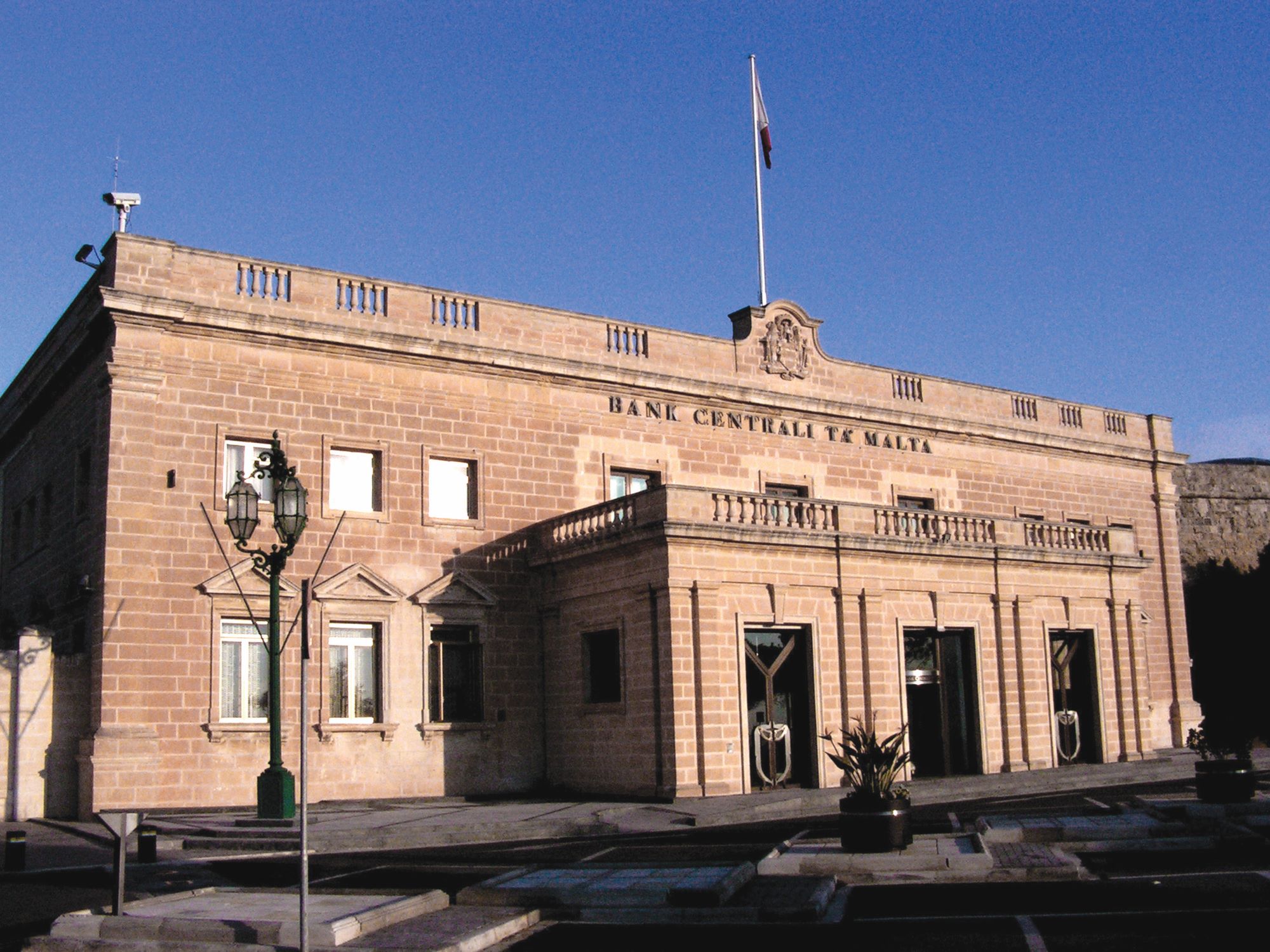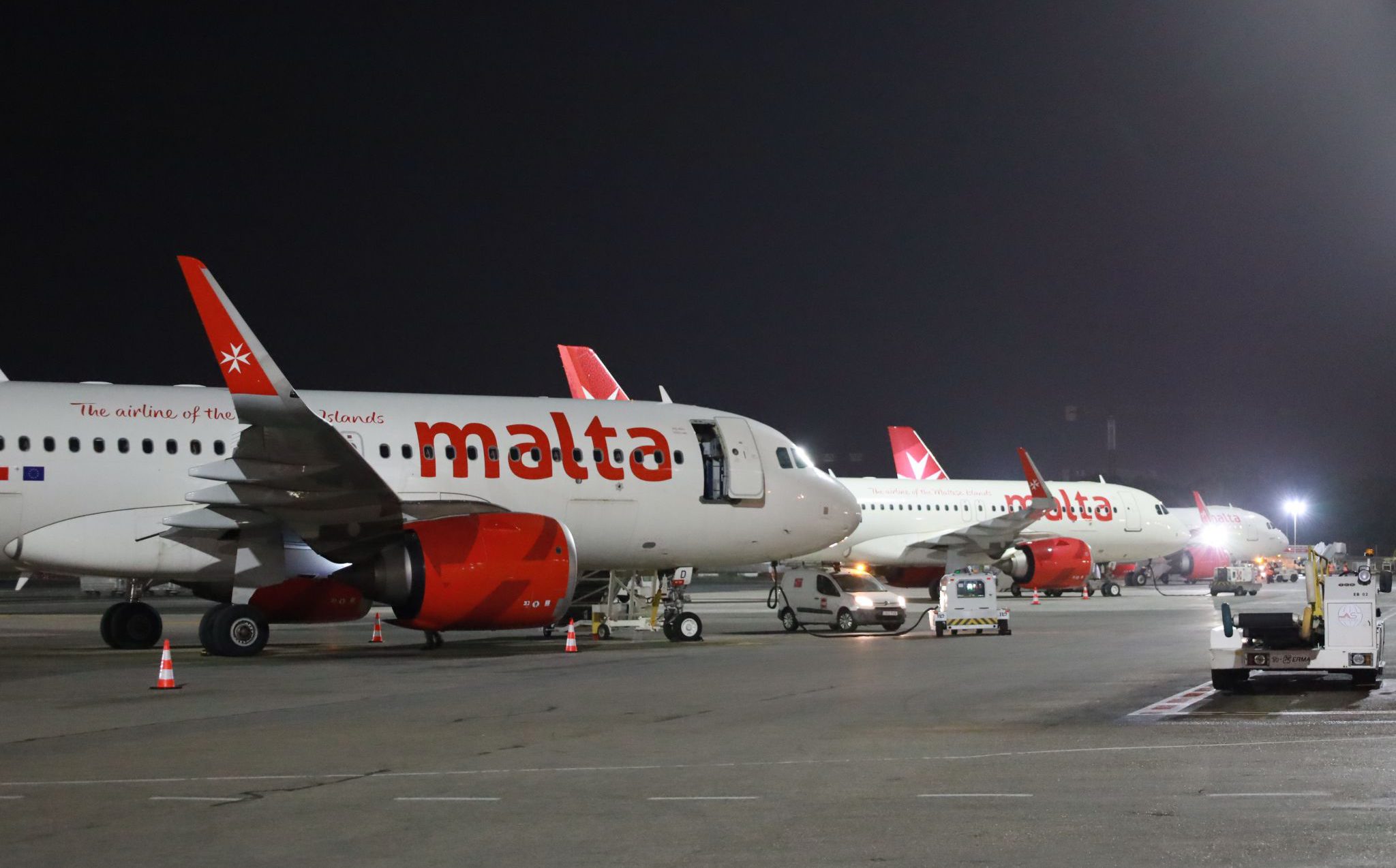The Central Bank of Malta’s (CBM) Business Conditions Index for February indicates that annual growth in business activity has receded from its historical highs registered in the first half of 2021, as several economic indicators started to recover from the low levels of 2020.
Nonetheless, the CBM’s index continues to suggest that growth remains well above its historical average, as there remains scope for further normalisation in some sectors.
Strong annual growth rates are still being recorded in several BCI components, reflecting the ongoing recovery from the historically low levels recorded during the pandemic.
The CBM observed that this was most evident in the case of tourist arrivals, economic sentiment, selected government revenue items and GDP.
Business and consumer confidence indicators
In February, the European Commission’s Economic Sentiment Indicator (ESI) for Malta stood at 115.7, up from 102.2 in January. Following the recent increase, sentiment rose well above its long-term average of around 100.0 and its level in February 202. It also marginally exceeded the euro area average of 114.0.
In month-on-month terms, sentiment in Malta rose across all sectors, bar the construction sector. The largest increase was recorded in industry. In February, sentiment stood in positive territory across all sectors, with the exception of consumers.
In February, sentiment in industry turned positive. It increased sharply to 20.1, from -3.4 in January. Following this increase, sentiment rose well above its long-term average of -3.9.
The rise in sentiment reflected developments in firms’ production expectations for the months ahead. By contrast, participants’ assessment of stocks of finished products and of order book levels remained negative and broadly unchanged from a month earlier. Supplementary data show that the share of firms anticipating selling prices to rise in the coming months edged down slightly compared to January but remained high.
Confidence within the services sector improved by almost a fifth. It stood at 23.7, up from 4.4 in January, and rose above its long-term average of 18.9.
This increase in confidence stems from firms’ assessment of the business situation in recent months as well as their expectations of demand over the next three months. By contrast, participants’ assessment of demand over the past three months decreased relative to January. Additional survey data show that, on balance, a record high share of respondents anticipates a rise in prices in the coming months.
Sentiment in the retail sector more than doubled in the month under review. It increased to 22.1 from 9.0 in January and stood above its long-term average of -1.5. Retailers’ assessment of business activity over the past three months, and to a lesser extent, their expectations of sales over the next months, improved considerably during the month of February. By contrast, a smaller share of participants assessed their stock levels to be below normal, compared to January. Supplementary data show that a very high share of retailers anticipated prices to increase over the next three months.
French ATC strike forces Ryanair to cancel over 300 flights, affecting 50,000 passengers
The low-cost carrier is demanding the EU carries out reforms to ensure travel continues undisrupted
Valletta ranks 8th most expensive European capital city to live in – study
While London is the most expensive, Bucharest is the most affordable
KM Malta Airlines cancels flights between Malta and Paris on Thursday due to air traffic control strike
Impacted customers can opt for an alternative flight or apply for a full refund






